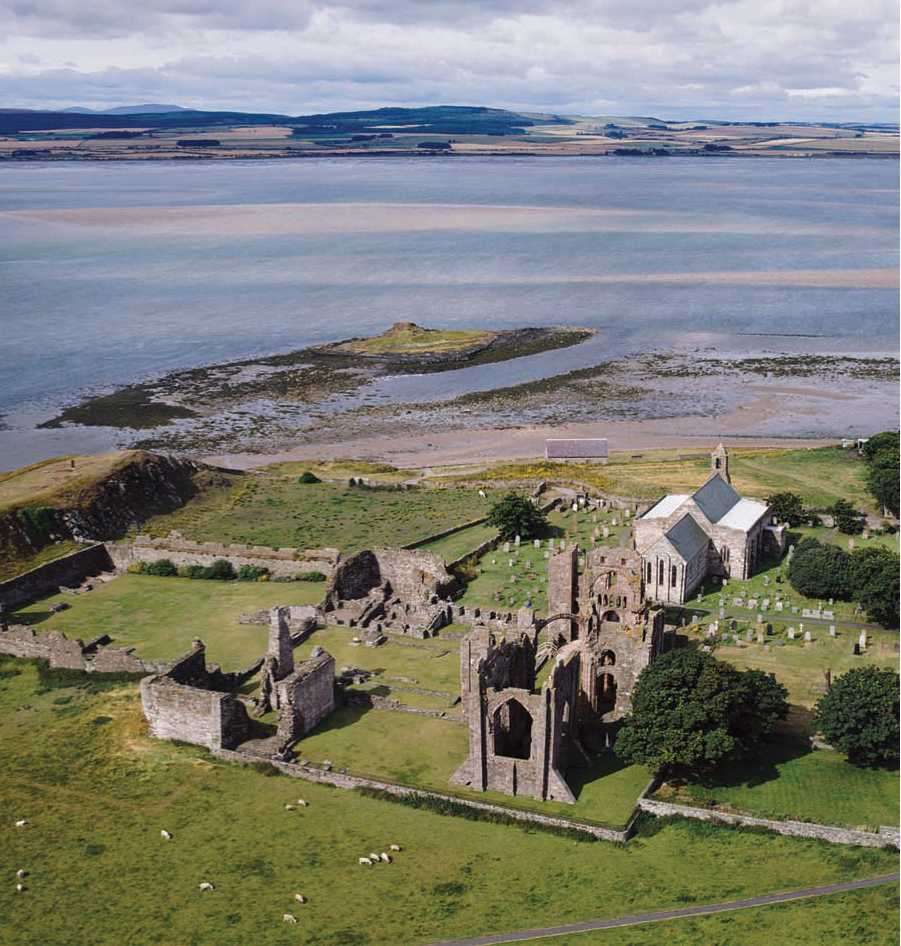At some unknown date in the ninth century, an Irish monk was undergoing the then mundane duty of copying a Christian manuscript. Suddenly he felt motivated to scribble some words in the margin of the page he was working on. These words, in the form of a rhyming couplet, survived the centuries and read: "There's a wicked wind tonight, wild upheaval in the sea. No fear now that the Viking hordes will terrify me."10
This message by a fearful churchman acknowledged a painful reality of that time and place. Only in inclement weather, when the open sea was too dangerous for sailors, were the coasts of Ireland and nearby lands safe from the Viking menace. Indeed, the monk must have been particularly afraid because for a long time these scary raiders paid special attention to Christian churches and monasteries. This was partly because these places were known to possess gold and silver crosses, cups, and other objects, along with expensive gifts donated by worshippers of all walks of life.
So it was at St. Cuthbert's in June 793. One of the holiest and richest shrines in the British Isles, this church on the tiny island of Lindisfarne, off Britain's eastern coast, became the unlucky target of the first major Viking raid in Christian Europe. After the attackers had looted the island's buildings and made their escape, a shocked Christian scholar named Al-cuin, who lived in the nearby mainland town of Eoforwic (York), writes:
Never before has such terror appeared in Britain, as we have now suffered from a pagan [non-Christian] race. Nor was it thought possible that such an inroad from the sea could be made. Behold the Church of St. Cuth-bert, spattered with the blood of the priests of God, despoiled of all its ornaments. A place more venerable

This aerial view shows the ruins of St, Cuthbert's, on the island ofLindisfarne, the first major Christian shrine despoiled by Viking raiders in the eighth century.
[dignified and respected] than any other in Britain has fallen prey to pagans.11
The charge that these raiders were pagans at first seemed to derive from the fact that they wantonly attacked churches. The fact is that in those days European Christians of various stripes periodically conducted similar pirate raids; however, as a rule they refrained from assaulting churches and monasteries, hence the particular disdain for the newly arrived pagan foreigners.




 World History
World History









